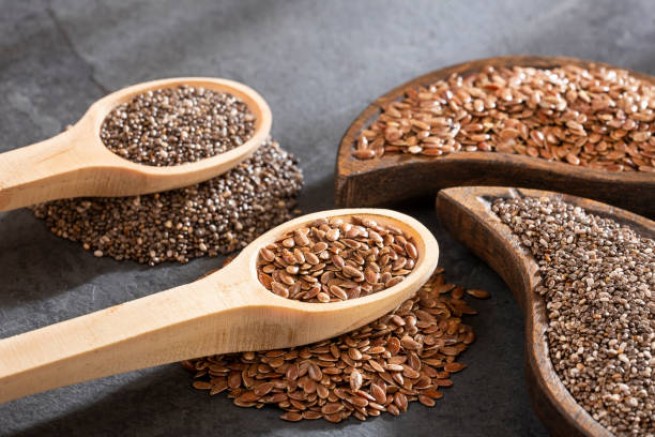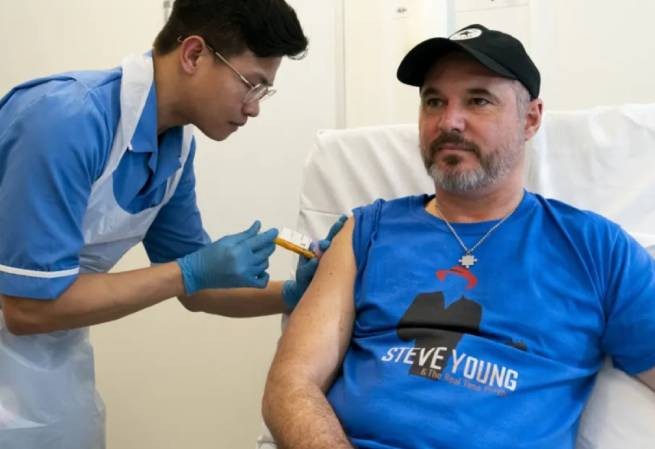Consumption of one of the most common (and beloved) drinks by the population of the planet – coffee – reaches two billion cups a day worldwide. But what do we really know about coffee, and what effect can a double espresso we drink in the morning have on our body?
No matter how strange it may sound, but the effect of “enjoying a cup of coffee” begins even before we take a sip. According to a study published in 2019 in the National Library of Medicine, in which 80 people aged 18 to 22 took part, the smell of coffee alone can improve memory and attention. Of course, various studies in 2018 show that the effect of smelling or consuming a drink (immediately after a few sips) can also be a placebo effect.
The most obvious are the effects that appear in the human body a few minutes after drinking coffee. A 2008 study concluded that the first effects begin in just a quarter of a minute, and the peak occurs after three quarters.
Caffeine stimulates the central nervous system, increasing mental alertness and concentration, but also potentially causing irritability and nervousness. It can really deceive and stimulate nerve cells, but after a while, while the body adapts to the substance, each person can cause a different reaction.
A 2020 study of novice cyclists found that coffee increased performance by an average of 1.7%. While this percentage may seem small, it will have a significant impact even in mid-level cycling competitions. Earlier studies in the UK have shown improvement of reaction time to stimuli, memory sharpness and spatial perception.
Of course, not all coffees are the same: “Beans can make a difference – on average, Robusta beans contain more caffeine than Arabica, for example. However, there are other factors: Roasting actually breaks down caffeine, so coffee will have a lower content when roasted more heavily,” notes Dr. Mike T. Nelson, researcher and coffee expert.
Referring to variability, he states: “For this reason, athletes, if they are consuming a drink solely to enhance their performance, they should be very careful in their choice. I suggest taking caffeine in pill form because that way they can better control the dose.”
There is no reliable answer to the question “when to stop drinking coffee” because there are constant disputes. On average, caffeine stays in the body for about six hours. Therefore, many prefer to drink one in the morning and one at noon after a meal, and then stop. This way there is balance during the day and then they can fall asleep peacefully.
“Is caffeine good for you?” – in this matter, the evidence is not entirely clear. One of the largest studies of 2017, which collected data from at least 200 previous scientific papers, notes: “Coffee consumption is generally safe at normal levels of consumption, and the results show that the greatest reduction in the risk of various diseases occurs at three to four cups per day, and they are more beneficial than detrimental to health.”“. Another study from the same year shows that coffee is associated with a possible reduction in various forms of cancer, cardiovascular disease, Parkinson’s disease and type 2 diabetesA.
In the long run, coffee also has a positive effect.
It is noted that it can also help reduce fat deposits (which is much more effective when combined with exercise).
“Does it matter how we drink coffee?” – generally speaking, yes. Heavy roasting, in addition to being low in caffeine, also results in fewer antioxidants and lower levels of chlorogenic acid, a substance that can protect the body from inflammation and cell damage. Also with regard to filtered coffee there are indications that hot extraction coffee makers retain the positive qualities of coffee better than those with a metal filter. It should be noted that there were no significant differences in firing temperature. Finally, of course, it is very important whether you add milk or sugar to the drink, because then its calorie content increases significantly.
So what’s the point? Up to three cups of coffee a day is probably enough. It is better to prefer filtered, heavily roasted beans if you are trying to reduce the caffeine content. And with a low roast if you want to enhance the coffee’s other health benefits. Try to drink little in the morning, but don’t drink too much!







More Stories
Magnesium-rich foods that also protect against cancer
Myth: The perfect body for summer
Study: Why is it so difficult to give up salt?